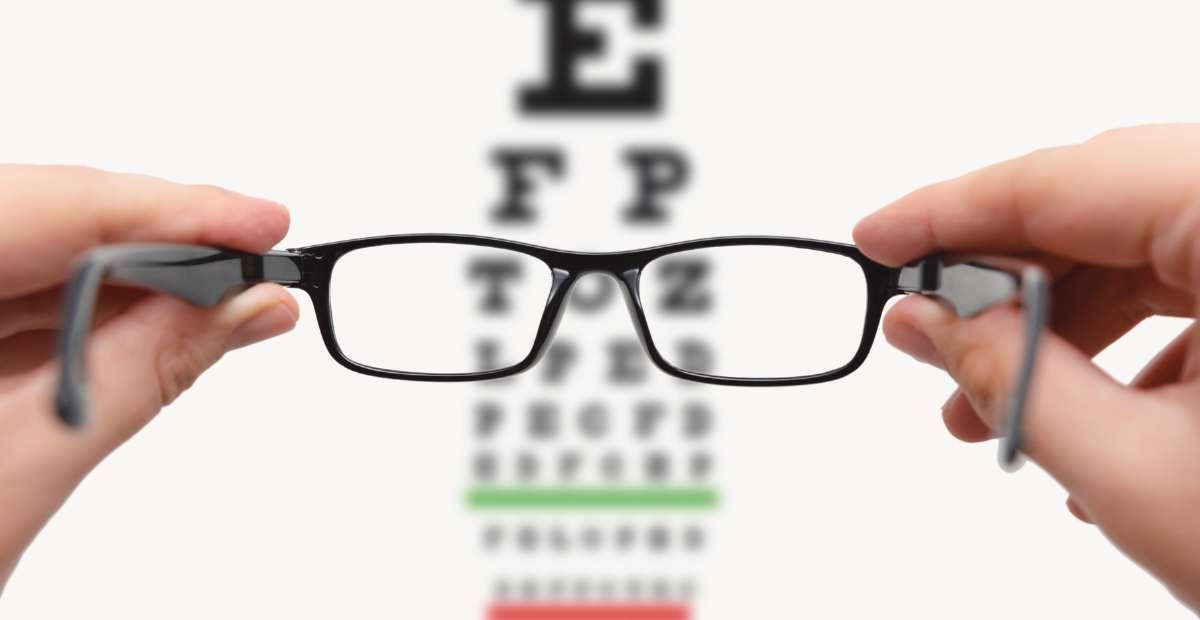Unveiling the Mysteries of Blurry Vision

Encountering blurry vision can be like peering through a fogged-up window, making daily tasks a struggle. In this blog article, we explore the causes, symptoms, and treatments for blurry vision, and guide you on when it’s time to consult an expert. If you’re experiencing blurry eyes, visiting the Health Hub in Fortitude Valley might just bring clarity back to your sight.
Causes of Blurred Vision
Blurry vision can emerge from various sources:
- Your script needing updating: As we age our vision naturally deteriorates, regular check-ups with an optometrist will ensure your script stays current and provides you optimal vision.
- Dry Eyes: Lack of adequate moisture can lead to intermittent blurred vision.
- Age-related macular degeneration: Affecting the macula, this can cause distorted or blurry central vision.
- Cataracts: Clouding of the eye’s lens, leading to blurred or hazy vision.
- Glaucoma: Common symptoms include an increased need for light to aid visibility and experiencing blurry vision.
Blurred vision can be accompanied by eye fatigue and headaches. This can occur when you don’t need glasses full time, but sometimes, wearing them can be helpful.
Symptoms of Blurry Vision
Symptoms accompanying blurry vision can also be indicators of underlying issues. Apart from blurred vision, look out for symptoms such as:
- Eye pain or discomfort
- Headaches
- Double vision
- Glare or halos around lights
- Gradual or sudden vision loss
- Flashes or floaters
How to Treat Blurry Vision
Treating blurry vision often starts with addressing its root cause. Here are some common treatments:
- Prescription Glasses or Contact Lenses: Essential for correcting refractive errors.
- Eye Drops: A first and often effective solution for dry eye.
- Medication: For conditions like glaucoma, infections, and more progressed dry eye.
- Surgery: Required in cases like cataracts and certain advanced eye conditions.
Sometimes, a visit to the optometrist reveals that you don’t need glasses for everything, but “occupational” lenses can make activities like reading, working, playing computer games, and binge-watching Netflix optimally comfortable.
When to See an Optometrist
Scheduling an eye test is paramount when blurry vision persists. The eye test can detect any underlying conditions, allowing for timely intervention and management. The Health Hub in Fortitude Valley offers comprehensive eye tests and is an ideal place to get your blurry vision treated.
The expert optometrists at the Health Hub can prescribe solutions, whether it’s medication, glasses, or occupational lenses, ensuring you can carry out your daily activities in comfort.
Conclusion
Blurry vision can be a sign of several underlying conditions. Understanding its causes and symptoms is essential for early detection and treatment. When in doubt, consult with an optometrist.
To book an appointment at the Health Hub click here or call us on 1300 709 076.
This blog article was supported by AI generation and should not be relied on as specific medical or professional advice. For personal advice, please consult with your healthcare professional.
